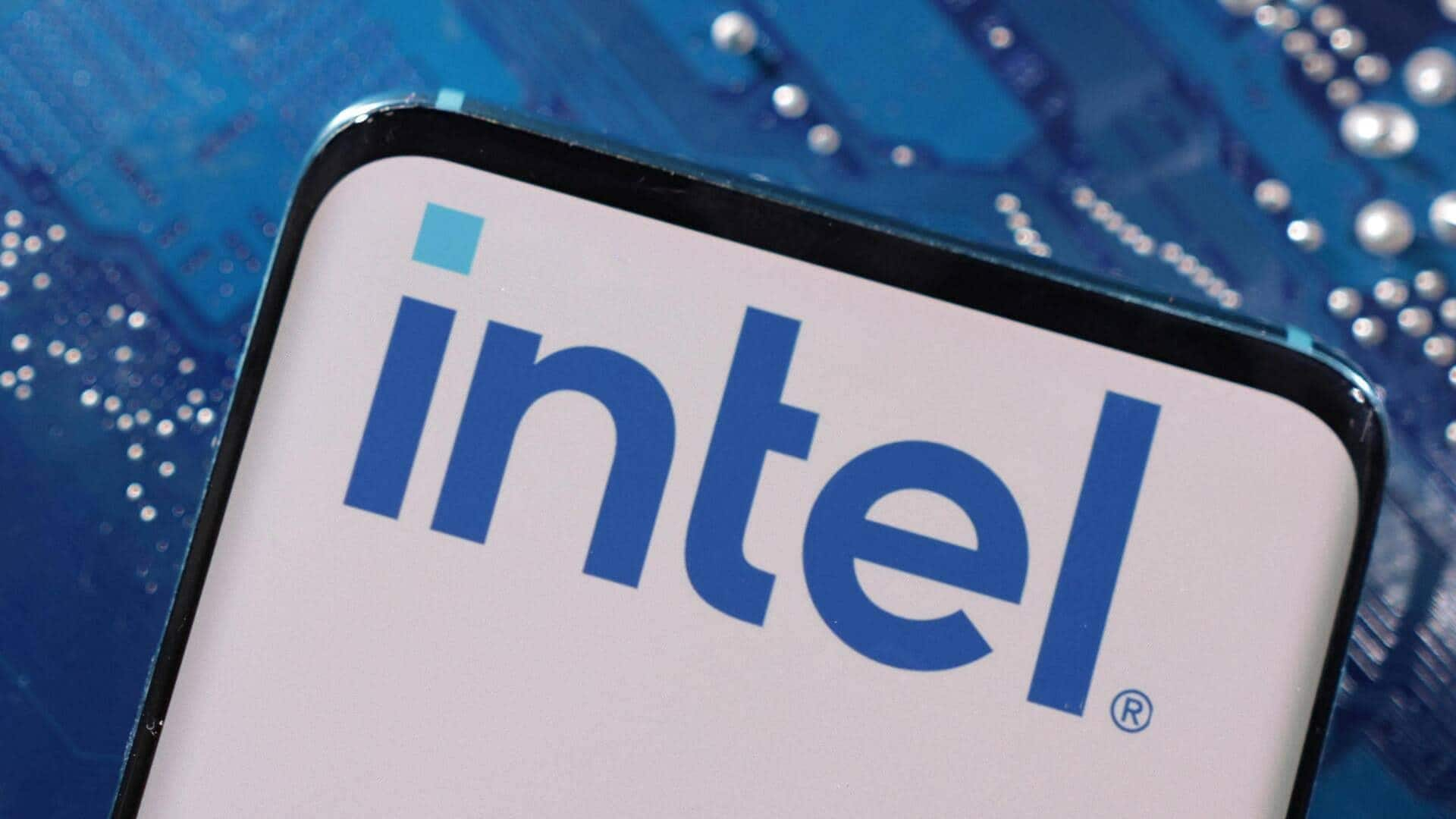
Intel cuts 15,000 jobs in biggest layoff round in decades
What's the story
Intel, the leading Silicon Valley chip manufacturer, has announced plans to eliminate over 15,000 jobs. This move is part of a broader turnaround strategy aimed at helping the company recover from recent setbacks. The job cuts represent a significant 15% reduction in Intel's workforce and are expected to contribute significantly toward cost savings. This plan as well as other restructuring moves announced by Intel are projected to help it save up to $10 billion in 2025.
Market impact
Intel's stock takes a hit following job cut announcement
Following the announcement of job cuts, Intel's stock experienced a significant drop of over 20% in after-hours trading. This is not the first time the company has had to resort to such measures. In 2016, Intel underwent a major restructuring that led to the elimination of up to 12,000 jobs or 11% of its workforce at that time. However, the latest layoff round remains one of the biggest in decades and the worst since COVID.
Revitalization efforts
Intel's CEO strives to revitalize the company
Since taking over as CEO in early 2021, Intel's CEO Patrick Gelsinger has been working tirelessly to revitalize Intel. He made the layoff announcement in a letter to his employees, describing it as "painful news." Over the past couple of years, his efforts include lobbying for federal subsidies to boost US production of essential components and addressing Intel's manufacturing issues. Unlike most competitors who depend on external production services or foundries, Intel both designs and manufactures its chips.
Financial challenges
Intel faces stagnant Q2 earnings projections
The layoffs come at a time when Intel is grappling with stagnant Q2 earnings projections and losing market share. The company currently employs approximately 110,000 people, excluding workers at divisions being spun off. From October 2022 to December 2023, Intel had already reduced its workforce by 5%. Despite the job cuts and other cost-saving measures, Gelsinger remains committed to investing in R&D. His goal is to enhance Intel's technology and help it regain its leading position in the semiconductor industry.
Manufacturing strategy
Intel's plans for semiconductor manufacturing expansion
Gelsinger has plans to construct factories for producing semiconductors for other chipmakers. As part of this strategy, Intel recently appointed Naga Chandrasekaran from Micron Technology Inc. as its chief global operations officer. He will oversee the company's overall manufacturing efforts, a move that underscores Intel's commitment to strengthening its position in the global semiconductor market.